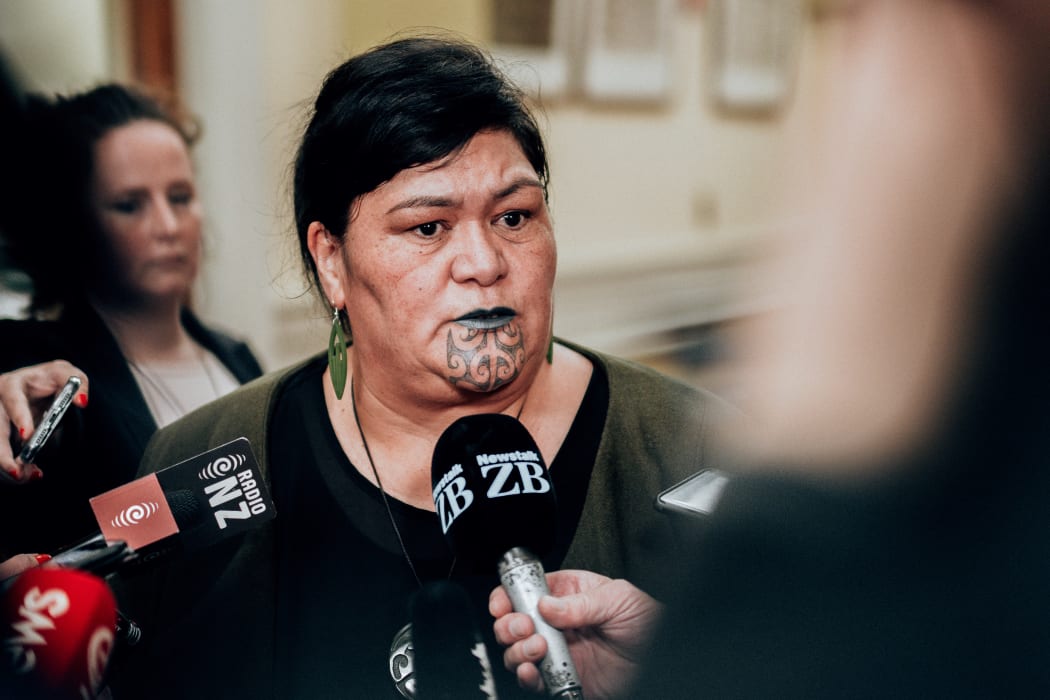The government has secured 90 seats on the first flight to assist New Zealand and Pacific people to leave Israel, the Foreign Minister says.
The government is partnering with Etihad Airways to secure places on special flights out of the conflict zone.
It has also asked New Zealanders who can get seats on commercial flights out of Israel, to leave now.
Israel is continuing to pound Gaza in retaliation for the Hamas attack over the weekend which killed at least 1200 people. Gaza authorities say more than 1200 people have now been killed in the strikes.
Foreign Minister Nanaia Mahuta said the situation in Israel and the Occupied Palestinian Territories remained highly volatile.
She told Morning Report the first flight was due to leave for Abu Dhabi on Saturday and 90 seats were available for New Zealand and Pacific people wanting to leave.
“Our consular support staff are currently working through who will take up that opportunity in this first flight.”
The government was asking New Zealanders who already had seats on commercial bookings to not cancel those tickets as there would be limited seats at any given time on the special flights.
“We are stressing that the situation is deteriorating,” she said.
“If there are secured flights already, and confirmed departures, then we are advising people to ot take those flights.
“This is extra assistance for those who perhaps had a longer stay in Israel.”
The second Etihad Airways flight would leave in the following days, and the government would then assess the situation as it continued to assist people to leave, she said.
To New Zealanders in Israel the key message was “if you have the opportunity to get out, get out”.
“We are doing all that we can to ensure that there are assisted travel arrangements.”
Jenny Matheson, a New Zealander in Jerusalem, said she signed up to the Safe Travel database and was planning to catch the flight that would take her to Abu Dhabi on Saturday.
She said updates from the government via Safe Travel had been good, and she was hoping the flight would not get cancelled.
Matheson was not yet sure how she would get to New Zealand from Abu Dhabi.
She was aware of another group of 20 New Zealanders in Jerusalem who were not on the government’s flight.
“They’re looking at going down to Jordan to try and get their flight from Amman.”
Matheson said safety was the priority and she was staying inside, following advice on the local news.
“Apparently [Friday] it’s going to get a little bit heated up here in Jerusalem. So we would have been advised to not go out.”
Mahuta last week “utterly condemned” the Hamas attack, after acknowledging criticism of weaker language in her initial statement.
“Condemnation of the Hamas attack is absolutely necessary. The retribution that is now taking place is continuing to cause the loss of civilian lives,” she told Morning Report.
“The international community is now looking at what it can do to accelerate a two-state solution which has been New Zealand’s longstanding position.”
Retaliation must be proportionate – and that was a matter the international community would be responsible for assessing, she said.
“The international community are trying to figure out, and New Zealand stands with the international community, about what are the next steps here because the further loss of civilian life and the increase in humanitarian need is something to be very concerned about.
“We’re trying to find ways to act responsibly to try and diminish the level of impact on innocent civilian lives.”
The government had commissioned advice on what humanitarian support New Zealand could provide, especially for those in the Occupied Palestinian Territories.
It had commissioned advice on whether New Zealand should designate the entire Hamas organisation as a terrorist entity, rather than the military wing alone, but that would be a matter for after the election, Mahuta said.
On Green Party co-leader Marama Davidson’s suggestion the Israeli Defence Forces should also bear some criticism, Mahuta said such considerations all linked to the issue of the proportionality of the response and were for the international community and within the context of the United Nations.
SOURCE: RNZ PACIFIC/PACNEWS













